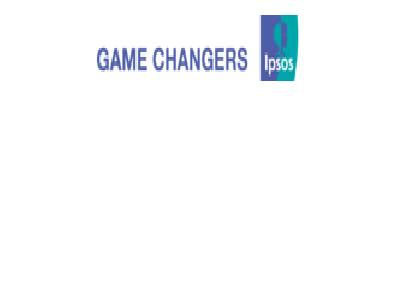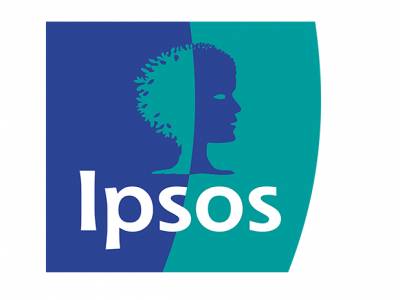Taking time off in 2018? Ipsos survey reveals Indian vacationing habits
According to a new survey by Ipsos, in circa 2018, more number of Indians plan to go on a vacation for a week away from home, plan to use up their full quota of leave and will be disconnecting from work email and messages.
“Indians are learning to switch off from work while being on vacation is a welcome change. With support from teams, it is becoming easier to disconnect as it’s business as usual, otherwise. Companies are encouraging employees to take a break and return rejuvenated, “says Parijat Chakraborty, Executive Director, Ipsos Public Affairs.
Vacation a must
The survey shows that the majority of Indians polled say that they will be spending at least one week away from home on vacation, in 2018. And compared to the previous year, more number of Indians plan to take the time off (83%, +3 points).
Interestingly, some markets are seeing an increase in those planning to go on vacation, over 2017. Significantly in Turkey (74%, +9 points), China (62%, +8 points) and Sweden (72%, +6 points). And some markets are seeing a decline vis-à-vis 2017, among those planning to take a vacation. Notably in South Africa (57%, -12 points), Canada (56%, -7 points), France (59%, -7 points) and Spain (60%, -5 points).
Use them or Lose them
Surprise! Majority of Indians plan to use up their entire vacation days given to them. And compared to the previous year, more number of Indians plan to toe this line. So, the markets which are seeing significant upsurge in those planning to use up their entire quota of leave compared to 2017 are – Australia (53%, +7 points), France (66%, +5 points), India (72%, +5 points) and Saudi Arabia (81%, +5 points). And markets showing most declines over 2017 are Spain (71%, -9 points), Belgium (78%, -7 points), Hungary (69%, -7 points) and South Korea (54%, -6 points).
Saying no to work emails and messages during vacation
More number of Indians are choosing to unplug from work emails and messages while being on vacation. And there is a significant jump over 2017, particularly in China (44%, +7% points), Sweden (58%, +7 points), Peru (49%, +6 points), India (54%, +5 points), Saudi Arabia (53%, +5 points) and Turkey (44%, +5 points). At the same time, there are many markets which are seeing a decline this year compared to 2017 among those who do not check their work emails and messages while being on vacation – in markets like Poland (50%, -7 points), Hungary (47%, -6 points), Belgium (47%, -7 points), South Africa (35%, -5 points) and the United States (48%, -4 points).
Methodology
The survey instrument is conducted monthly in 27 countries around the world via the Ipsos Online Panel system. The countries reporting herein are Argentina, Australia, Belgium, Brazil, Canada, Chile, China, France, Great Britain, Germany, Hungary, India, Italy, Japan, Malaysia, Mexico, Peru, Poland, Russia, Saudi Arabia, Serbia, South Africa, South Korea, Spain, Sweden, Turkey and the United States of America.
For the results of the survey presented herein, an international sample of 19,243 adults aged 18-64 in the US and Canada, and age 16-64 in all other countries, were interviewed between June 22nd and July 6th. Approximately 1000+ individuals participated on a country by country basis via the Ipsos Online Panel with the exception of Argentina, Belgium, Hungary, India, Mexico, Peru, Poland, Russia, Saudi Arabia, Serbia, South Africa, South Korea, Sweden and Turkey, where each have a sample approximately 500+. The precision of Ipsos online polls are calculated using a credibility interval with a poll of 1,000 accurate to +/- 3.5 percentage points and of 500 accurate to +/- 5.0 percentage points. For more information on the Ipsos use of credibility intervals, please visit the Ipsos website.
15 of the 24 countries surveyed generate nationally representative samples in their countries (Argentina, Australia, Belgium, Canada, France, Germany, Great Britain, Hungary, Italy, Japan, Poland, South Korea, Spain, Sweden and United States).
Brazil, Chile, China, India, Malaysia, Mexico, Peru, Russia, Saudi Arabia, Serbia, South Africa and Turkey produce a national sample that is more urban & educated, and with higher incomes than their fellow citizens. We refer to these respondents as “Upper Deck Consumer Citizens”. They are not nationally representative of their country.















Share
Facebook
YouTube
Tweet
Twitter
LinkedIn